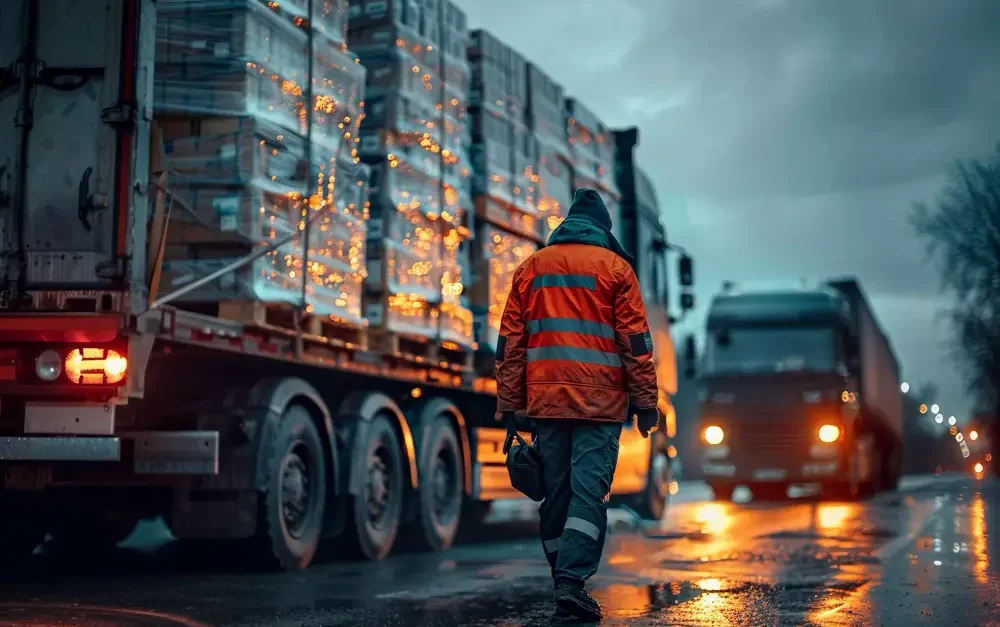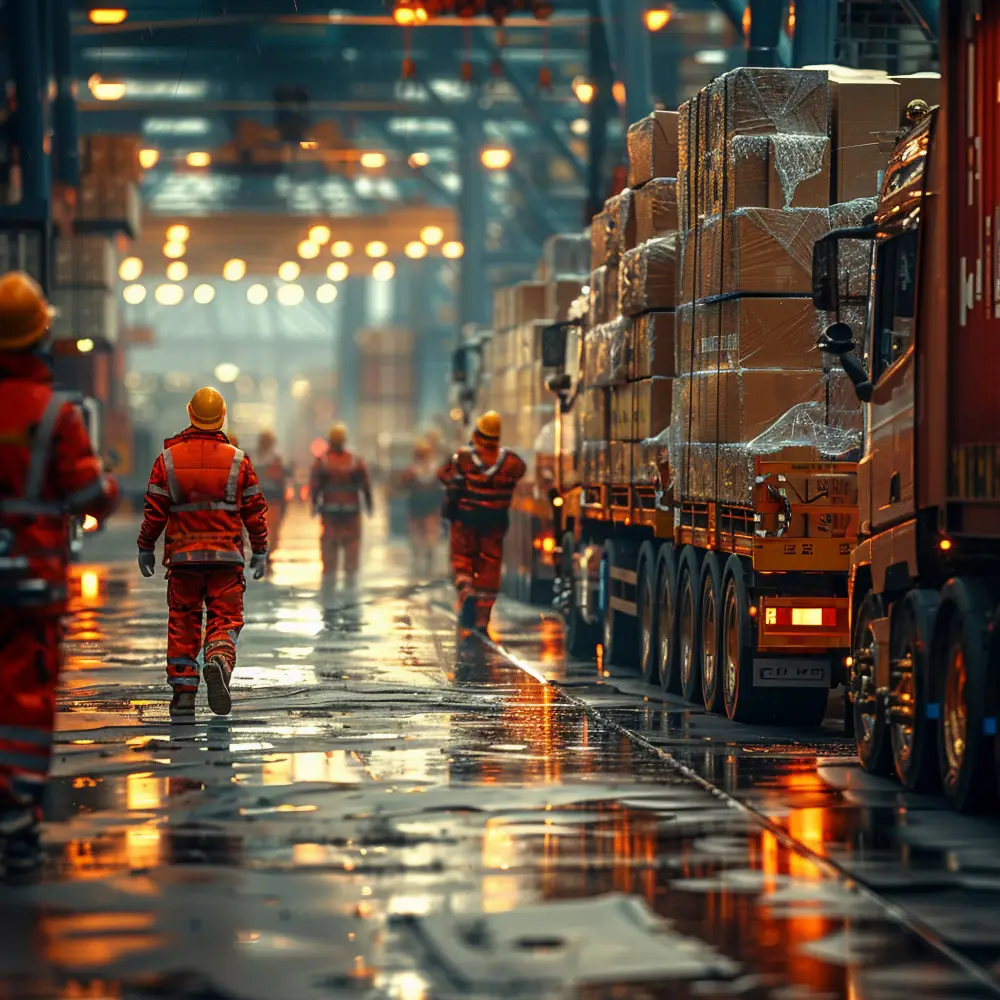
Metro Manila, the bustling capital region of the Philippines, is no stranger to flooding. With its combination of heavy rainfall, poor drainage systems, and rising urban congestion, floods have become a recurring problem that greatly affects businesses and residents alike. One of the most critical areas impacted by flooding is the delivery sector. Whether it’s e-commerce parcels, essential goods, or medical supplies, disruptions in transport can ripple across the supply chain.
This article explores how flooding in Metro Manila affects deliveries and highlights the strategies logistics companies, including JRMT Logistics, are implementing to minimize delays and ensure smooth operations.
The Reality of Flooding in Metro Manila
A Frequent Urban Challenge
Flooding is a recurring issue in Metro Manila, often triggered by seasonal monsoons and tropical storms. Low-lying areas, clogged drainage systems, and rapid urbanization all contribute to widespread flooding that can last hours or even days.
Disruptions to Transportation
When roads become impassable, delivery vehicles are forced to reroute, delay trips, or even cancel them altogether. For logistics companies, this creates a domino effect—packages pile up in warehouses, customer dissatisfaction increases, and operational costs skyrocket.
Economic Implications
According to studies, billions of pesos in economic losses are attributed to flooding each year in Metro Manila. Logistics companies are among those heavily affected since delays in transporting goods can affect not just retailers but also critical services such as hospitals, supermarkets, and government agencies.
How Flooding Affects Deliveries
1. Delivery Delays and Missed Deadlines
Flooded streets often result in longer travel times or complete halts in transportation. For logistics companies that promise same-day or next-day deliveries, these disruptions are a major challenge.
2. Increased Fuel and Operating Costs
Vehicles are forced to take longer routes to avoid flooded areas, increasing fuel consumption. Additionally, wear and tear on delivery vehicles worsens when they traverse flood-prone streets, adding to maintenance costs.
3. Customer Dissatisfaction
In today’s fast-paced e-commerce industry, customers expect prompt deliveries. When floods cause delays, negative reviews and loss of trust can follow, making it harder for logistics companies to retain clients.
4. Safety Concerns for Drivers
Beyond delays, the safety of drivers and delivery staff becomes a priority. Navigating floodwaters poses risks to both human life and vehicles. Logistics companies must balance efficiency with safety precautions.
What Logistics Companies Are Doing About It
Despite the challenges, many logistics companies in Metro Manila are taking proactive steps to adapt to flooding and minimize disruptions.
1. Route Optimization Technologies
Modern logistics companies now use real-time GPS tracking and AI-powered route optimization to avoid flooded roads. By analyzing live traffic and weather data, companies like JRMT Logistics can quickly adjust routes to ensure faster and safer deliveries.
2. Flexible Delivery Windows
To manage customer expectations, some logistics companies are offering flexible delivery windows during rainy seasons. This not only improves transparency but also reassures customers that their packages are on the way, despite unavoidable delays.
3. Investments in Fleet Upgrades
Certain logistics companies have invested in higher-capacity vehicles, including trucks that can handle shallow floodwaters or motorcycles equipped for narrow reroutes. JRMT Logistics, for example, continuously assesses its fleet to ensure efficiency even under adverse conditions.
4. Strategic Warehousing
By setting up warehouses and distribution hubs closer to key customer clusters, logistics companies can reduce travel distances. This decentralization helps minimize the impact of localized flooding on deliveries.
5. Collaboration with Local Governments
Some logistics companies partner with local government units (LGUs) for real-time updates on flood-prone zones, traffic reroutes, and road closures. This collaboration enhances preparedness and supports smoother operations during calamities.
6. Customer Communication and Transparency
Clear communication is vital. Logistics companies are now investing in automated SMS or app notifications to inform customers about potential delays. JRMT Logistics prioritizes transparency, ensuring customers are always updated about their deliveries.

JRMT Logistics: Adapting to Flood Challenges
Among the logistics companies addressing these issues head-on is JRMT Logistics. With a strong commitment to reliability, JRMT Logistics has implemented innovative solutions to adapt to Metro Manila’s flooding challenges:
- Advanced Tracking Systems: Ensuring real-time visibility of packages and vehicles.
- Proactive Customer Service: Keeping clients updated about delivery statuses during extreme weather.
- Efficient Fleet Management: Maintaining vehicles to withstand urban challenges, including floods.
- Strategic Operations: Placing warehouses in accessible areas to minimize the impact of road closures.
By combining technology, planning, and customer-centric strategies, JRMT Logistics continues to provide dependable service even during Metro Manila’s toughest flood seasons.
The Future of Flood-Resilient Logistics in Metro Manila
The battle against flooding is far from over, but logistics companies are proving resilient and resourceful. As urban development continues and climate change worsens, the demand for adaptive and innovative logistics solutions will only grow.
For Metro Manila’s residents and businesses, the reliability of logistics companies like JRMT Logistics offers a lifeline. With the right strategies, flooding may cause delays, but it doesn’t have to stop essential goods from reaching their destinations.
Flooding in Metro Manila will continue to challenge the delivery industry, but logistics companies are rising to the occasion with technology, strategic planning, and customer-focused solutions. JRMT Logistics stands out as a leader in ensuring reliable deliveries despite unpredictable weather conditions.
For businesses and individuals relying on efficient deliveries, partnering with trusted logistics companies can make all the difference when nature disrupts the flow of goods.









